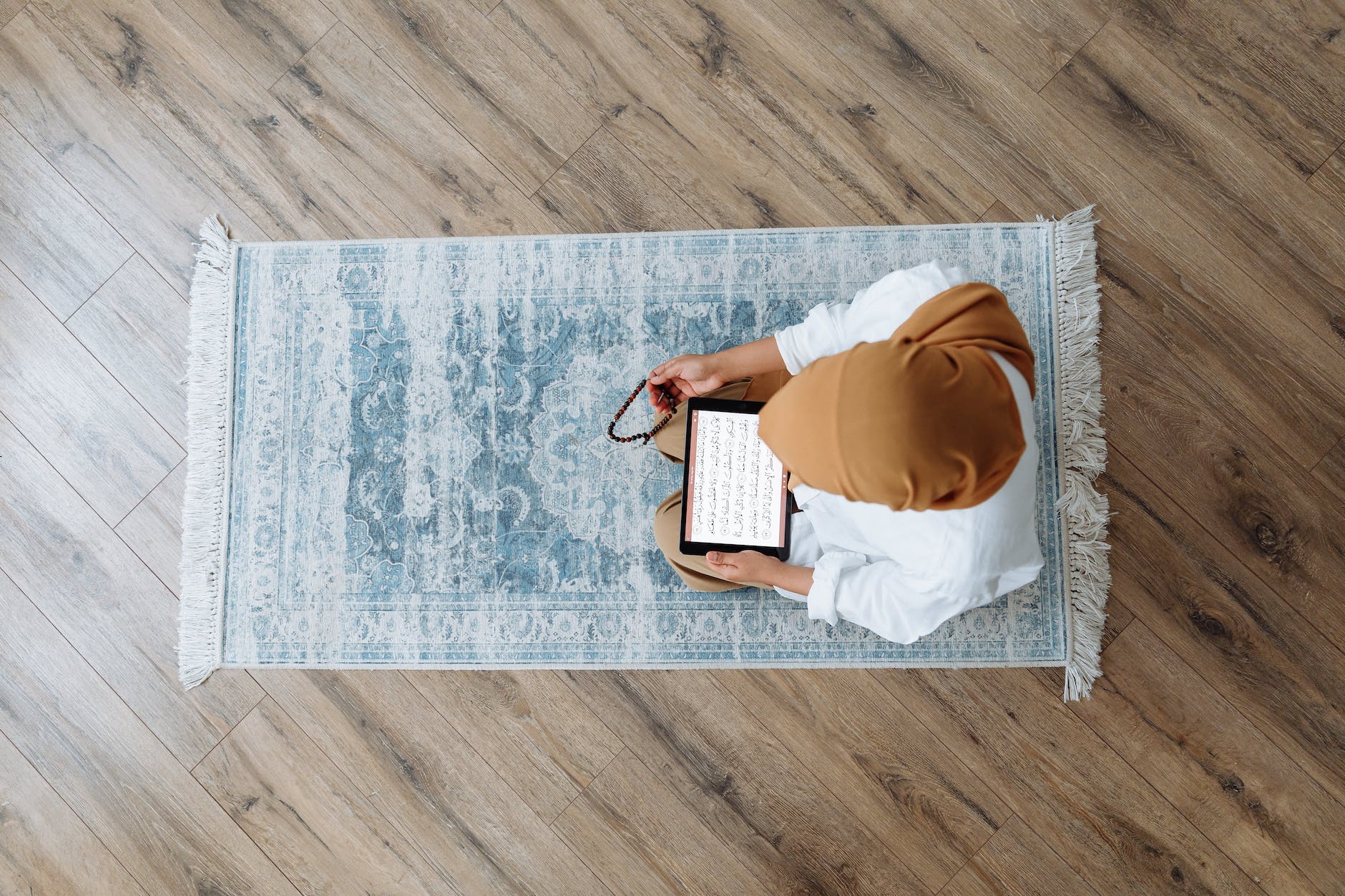In the realm of Islam, Salah holds profound significance. It’s not just a routine act of worship; it’s a spiritual connection with the Divine. For Muslim women, Salah serves as a sanctuary, offering solace, guidance, and rejuvenation amidst life’s hustle. However, amid the chaos of daily life, our Salah might suffer, becoming rushed or neglected. In this guide, we delve into the importance of Salah and practical steps to enhance and fix our prayers.
Understanding the Importance of Salah: Salah is the cornerstone of a Muslim’s faith, embodying submission, devotion, and humility. It’s a direct communication channel with Allah, fostering spiritual growth and mindfulness. The significance of Salah is reiterated throughout the Quran and Hadith, emphasizing its obligatory nature and its role as a source of guidance and purification.
The Five Daily Prayers: As Muslim women, we are tasked with performing the five daily prayers: Fajr, Dhuhr, Asr, Maghrib, and Isha. Each prayer holds its own importance, aligning our day with spiritual discipline and remembrance of Allah. Understanding the significance of each prayer and its timing is crucial in fixing our Salah. Setting alarms or reminders can aid in maintaining consistency and punctuality in our prayers.
Quality Over Quantity:
It’s not merely about completing the physical motions of Salah; rather, it’s about achieving Khushu (concentration) and connecting with Allah on a deeper level. Strive to perform each prayer with presence of heart and mind, blocking out distractions and focusing solely on the Divine presence. Incorporating reflective supplications (duas) and Quranic recitations can enhance the spiritual experience of Salah.
Seeking Knowledge and Guidance:
Educating ourselves about the proper manner of performing Salah is essential. Seek guidance from knowledgeable scholars or reliable sources to rectify any mistakes or shortcomings in your prayer. Utilize resources such as books, online tutorials, or local community classes to deepen your understanding of Salah and refine your practice accordingly.
Consistency and Persistence:
Like any other skill, perfecting Salah requires dedication and perseverance. Be patient with yourself and gradually work towards improving your prayer. Consistency in performing Salah, even during challenging times, strengthens our spiritual resolve and fosters a sense of discipline and devotion.
Identifying and Addressing Common Mistakes:
In our journey to fix our Salah, it’s imperative to identify and rectify common mistakes. These may include rushing through the prayer, improper body posture, or neglecting the essential components of Salah. Take time to assess your prayer performance regularly and seek feedback from peers or mentors to pinpoint areas for improvement.
Utilizing Technology and Tools:
In today’s digital age, technology can serve as a valuable aid in fixing our Salah. There are numerous smartphone applications available that offer step-by-step guidance on performing Salah correctly, complete with audiovisual demonstrations and prayer reminders. Additionally, investing in prayer rugs, tasbihs (prayer beads), and other Islamic accessories can enhance the ambiance of your prayer space and cultivate a sense of reverence and devotion.
Salah is not just a ritualistic practice; it’s a spiritual journey that nourishes the soul and strengthens our bond with Allah. As Muslim women, fixing our Salah is not merely an obligation; it’s an opportunity to deepen our faith, seek solace, and find inner peace amidst life’s challenges. By understanding the importance of Salah, seeking knowledge, and implementing practical strategies, we can embark on a transformative journey towards spiritual fulfillment and closeness to the Divine. Let us strive to make our Salah a cornerstone of our daily lives, embodying mindfulness, devotion, and reverence in every prostration and recitation.
